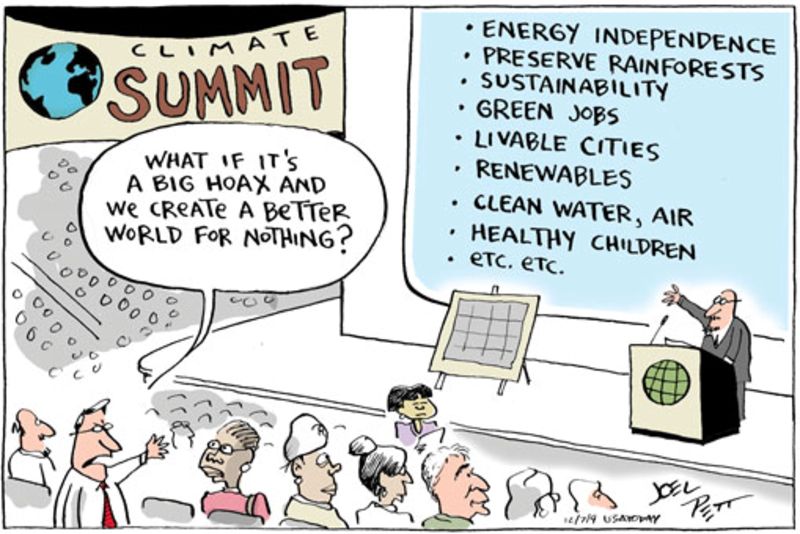Derf
Well-known member
This is 57 years old (click here for full article: https://www.scientificamerican.com/article/reclamation-of-man-made-desert/), but it is a good representation of what we ought to be doing. And notice the timeframe they did it in--10 years. Much can be accomplished in a short amount of time.
Notice also that it included the time investment of individual citizens.
These are some kinds of things to deal with the effects of climate change in a region, and making more plants grow will help deal with the CO2 in the atmosphere.
These are positive effects man can have in a region, instead of just taking from the land.
Agriculture needs to reuse the land over and over again, so it can't just take without giving back.
Notice also that it included the time investment of individual citizens.
| Last year, as a finale to the celebration of the 10th anniversary of the founding of the State of Israel, an international convention brought 485 farmers from 37 countries to see what had been accomplished. They found a nation of two million people, whose numbers had doubled in the decade, principally by immigration. Yet Israel was already an exporter of agricultural produce and had nearly achieved the goal of agricultural self-sufficiency, with an export/import balance in foodstuffs. It had more than doubled its cultivated land, to a million acres. It had drained 44,000 acres of marshland and extended irrigation to 325,000 acres; it had increased many-fold the supply of underground water from wells and was far along on the work of diverting and utilizing the scant surface waters. On vast stretches of uncultivable land it had established new range-cover to support a growing livestock industry and planted 37 million trees in new forests and shelter belts. All this had been accomplished under a national plan that enlisted the devotion of the citizens and the best understanding and technique provided by modern agricultural science. Israel is not simply restoring the past but seeking full utilization of the land, including realization of potentialities that were unknown to the ancients. |
These are some kinds of things to deal with the effects of climate change in a region, and making more plants grow will help deal with the CO2 in the atmosphere.
These are positive effects man can have in a region, instead of just taking from the land.
Agriculture needs to reuse the land over and over again, so it can't just take without giving back.





